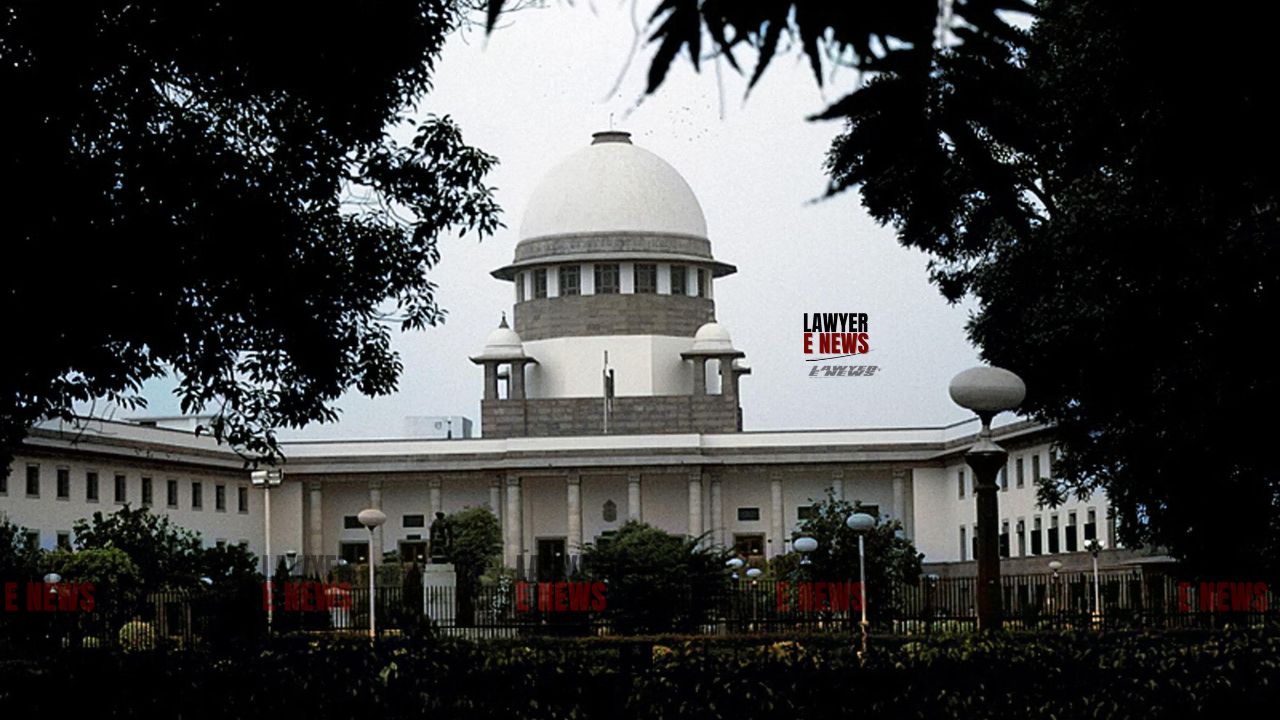-
by sayum
14 February 2026 2:22 PM



Supreme Court of India delivered a significant judgment in International Seaport Dredging Pvt. Ltd. vs. Kamarajar Port Limited, addressing the conditions for staying the enforcement of an arbitral award against a statutory entity. The Court modified a previous order from the Madras High Court, emphasizing the principle that governmental and statutory bodies should be subject to the same standards as private entities in arbitration enforcement proceedings.
Kamarajar Port Limited awarded a contract worth approximately Rs. 274 crores to International Seaport Dredging Pvt. Ltd. for dredging work. Following disputes, the arbitration tribunal awarded the appellant a sum of Rs. 21,07,66,621 plus interest and costs on March 7, 2024. Kamarajar Port Limited challenged this award in the Madras High Court under Section 34 of the Arbitration and Conciliation Act, 1996 ("Arbitration Act"), seeking a stay of enforcement. The High Court granted a stay on the condition of furnishing a bank guarantee for the principal amount only, considering the respondent’s status as a statutory body.
International Seaport Dredging Pvt. Ltd. appealed this decision, arguing that the High Court’s order undermined the enforceability of arbitration awards by allowing statutory entities favorable treatment.
Applicability of the Code of Civil Procedure in Arbitration Proceedings
The Court examined Section 36 of the Arbitration Act, as amended, which requires courts to consider the Code of Civil Procedure (CPC) provisions while deciding on stays in money awards. The Court clarified that this reference is advisory rather than mandatory, and the principles of the Arbitration Act should guide the court.
The Court underscored that the Arbitration Act, as a specialized statute, seeks to ensure quick and equal resolution of disputes for both governmental and private entities alike.
The Supreme Court criticized the High Court’s reasoning, noting that the respondent's status as a statutory body did not justify a relaxed condition for the stay. The Court reiterated that the Arbitration Act's intent is to apply uniformly, without affording government entities an easier path to stay enforcement.
The Court referred to Pam Developments Pvt. Ltd. vs. State of West Bengal, where it held that governmental entities should not be granted lenient conditions simply because they represent the state. Similarly, in Toyo Engineering Corporation v. Indian Oil Corporation Limited, the Court emphasized that public corporations are not exempt from the regular conditions of stay merely due to their public nature.
Modification of High Court's Order: The Supreme Court modified the stay conditions, directing Kamarajar Port Limited to deposit 75% of the total decretal amount, including interest, by November 30, 2024, in the High Court.
Stay on Enforcement: The Court specified that the stay on enforcement of the award would be conditional upon the timely deposit of this amount.
The judgment reinforces the principle of uniform treatment under the Arbitration Act, asserting that public sector entities and statutory bodies cannot evade standard enforcement conditions. By requiring a substantial deposit, the Court upheld the sanctity of arbitration awards and set a precedent for equitable treatment of private and governmental parties in arbitration enforcement.
Date of Decision: October 24, 2024
International Seaport Dredging Pvt. Ltd. vs. Kamarajar Port Limited
